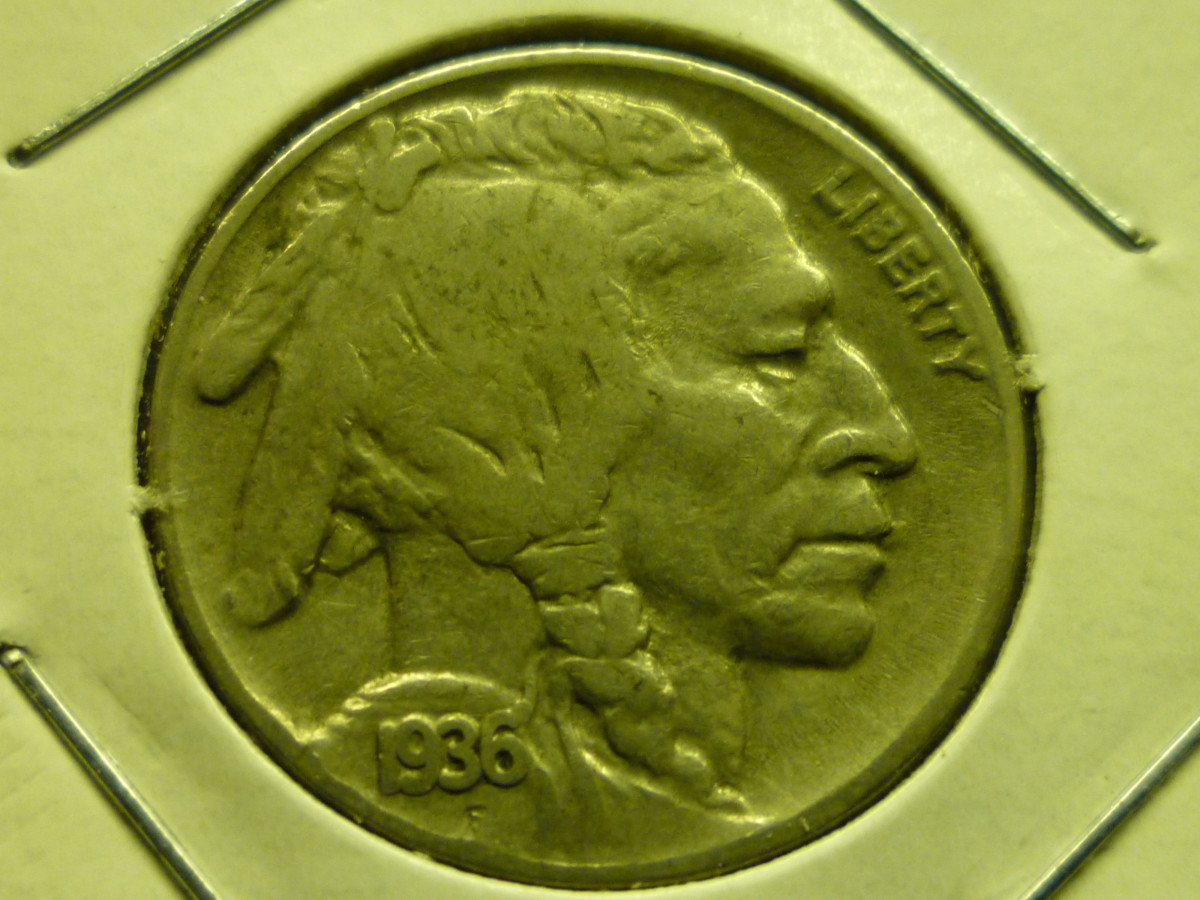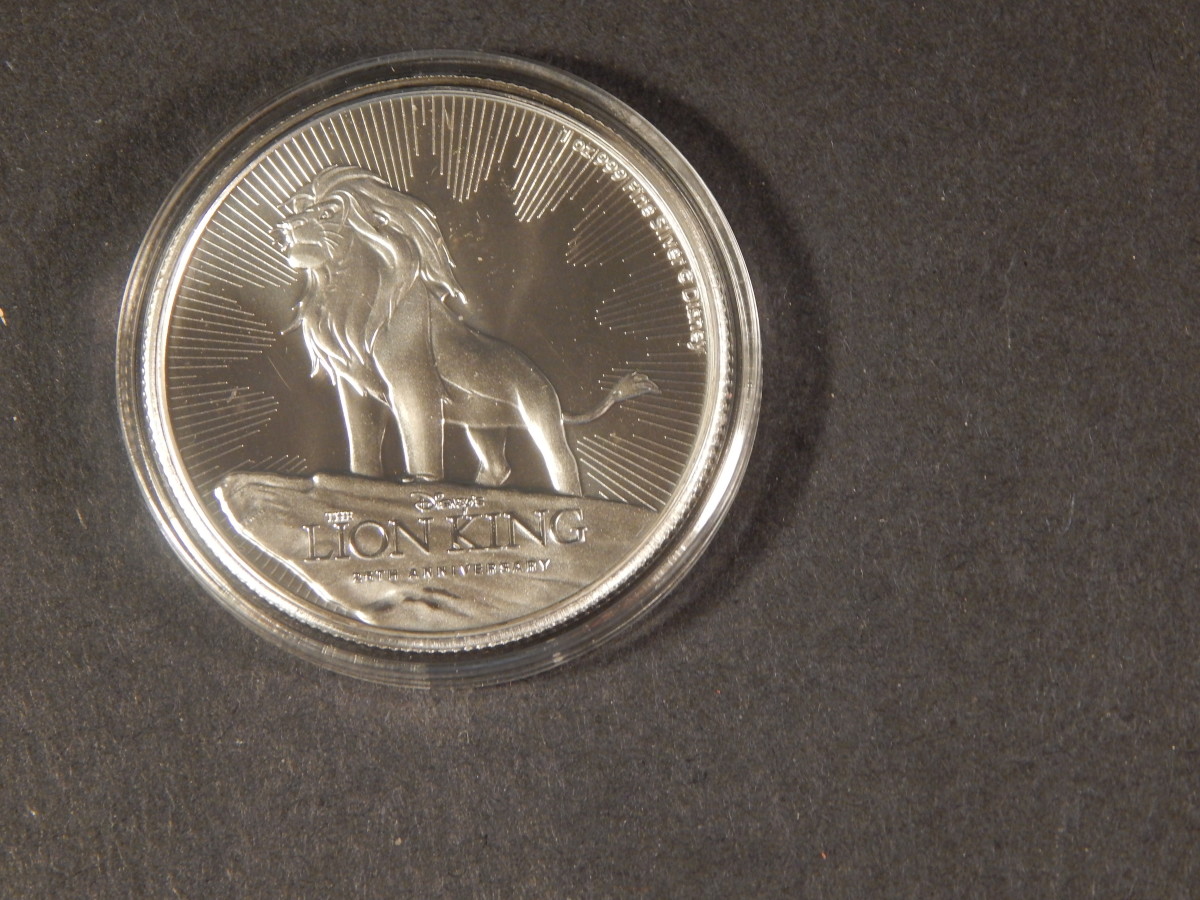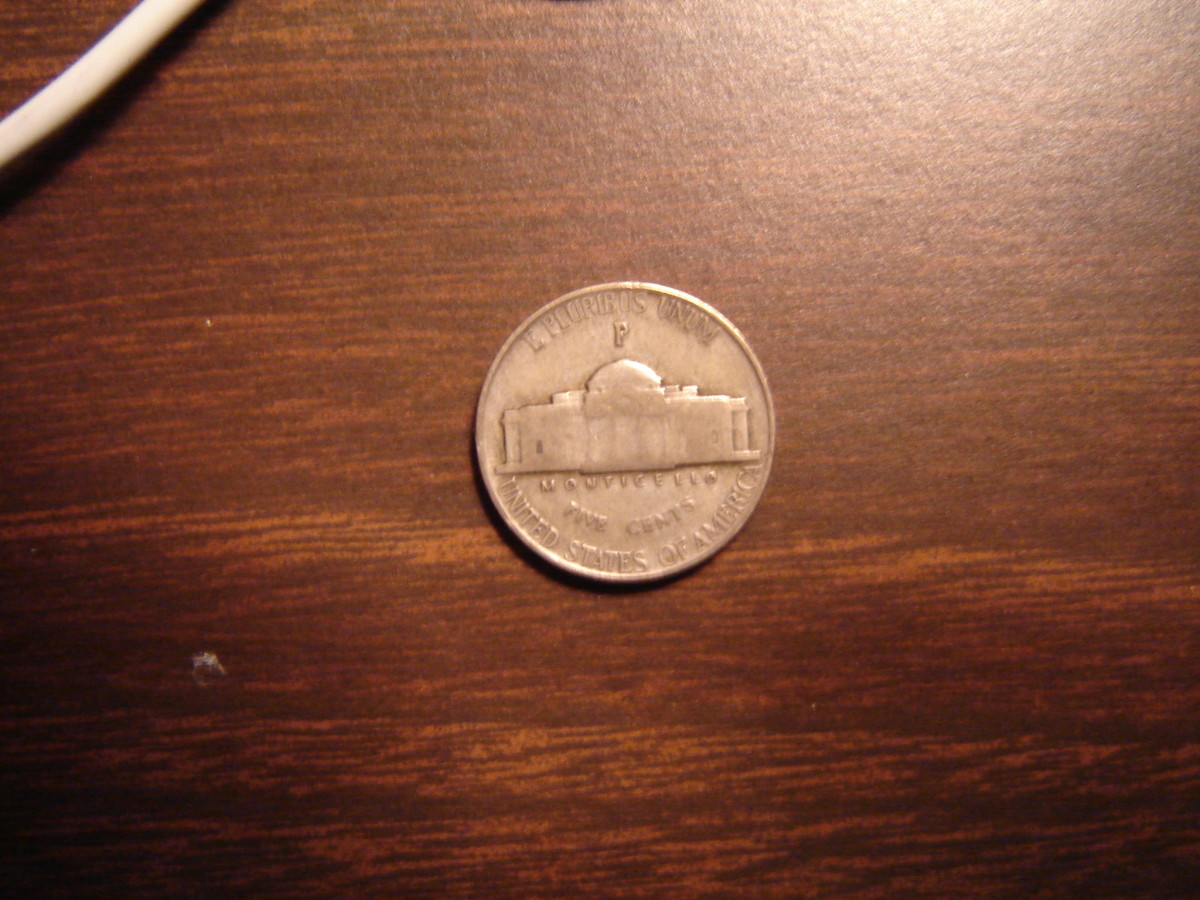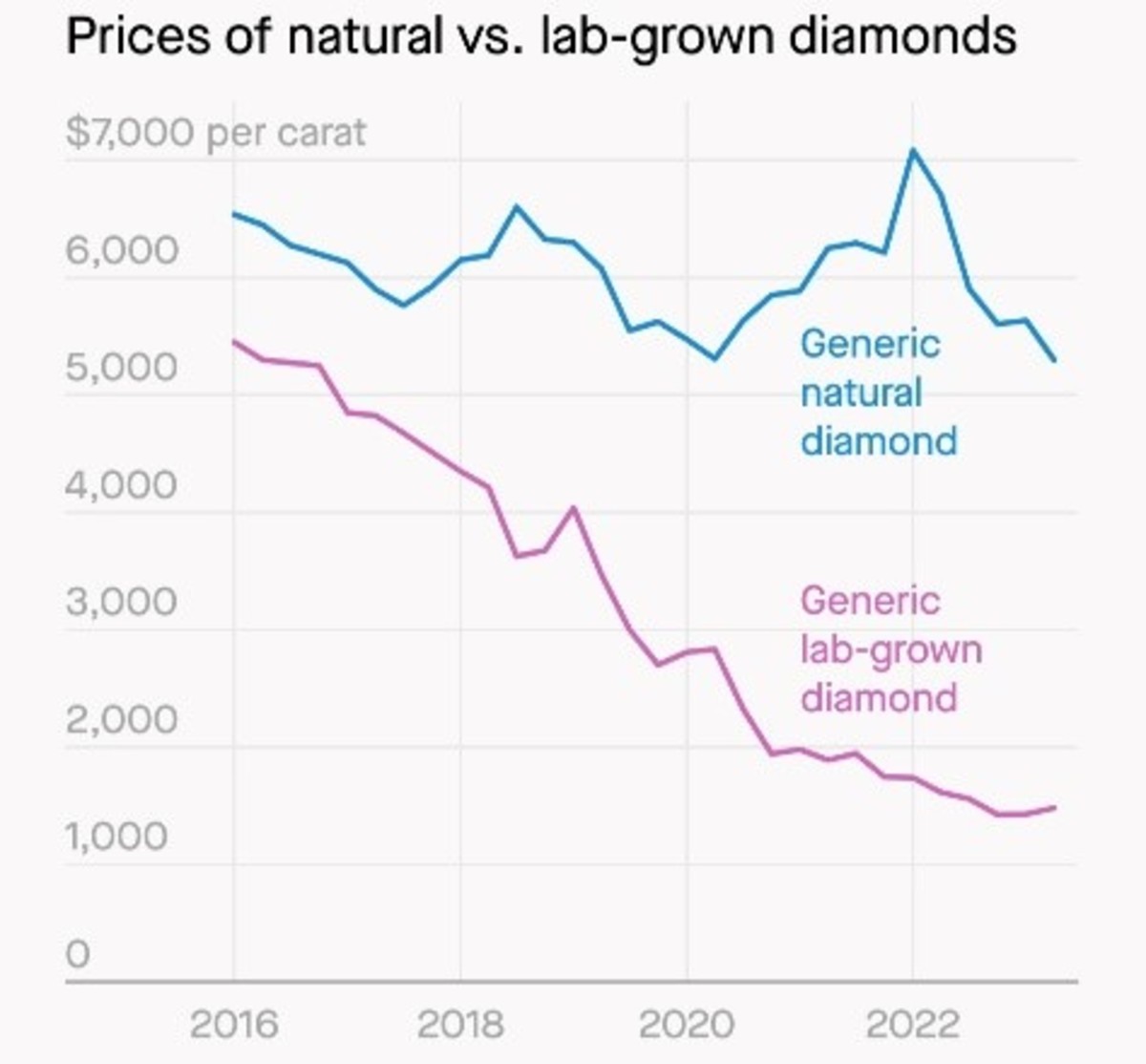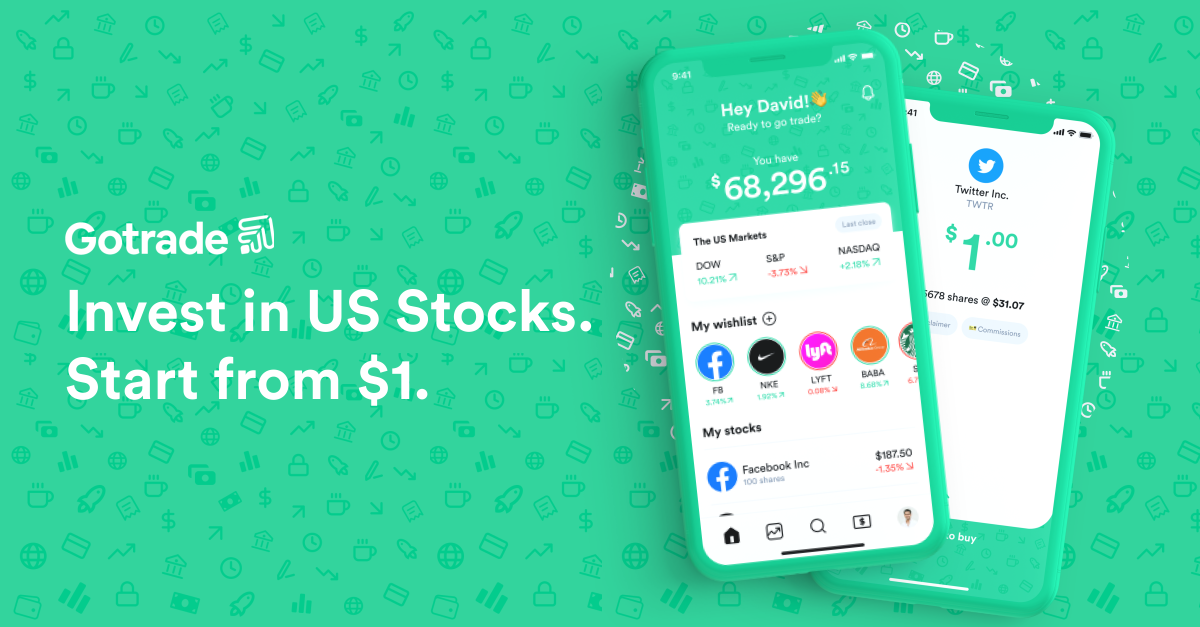Buy Nickels While You Still Can
Changes in Nickel Metal Mix Coming
The recent announcement that Congress has been approached by the Obama administration in order to receive permission to alter the metal content of pennies and nickels, confirms the idea that has been circulating for some time, that it is time to start buying up nickels.
While pennies will go up in value as well, the large number of them needed to be equal to the value of nickels, makes them more prohibitive to invest in. That's because used pennies will have to be gone through individually, making the time spent not nearly as profitable as it would be for nickels.
Still, if you already have a stash of pennies, it would be a good idea to hang onto them and wait for the the commodities making up their content to go up.
But nickels will be a far superior investment in the longer term, and are the best bet if you're starting from scratch, as against looking at pennies.
Also, for now, you can buy any nickel out there and not being concerned over having to sort through them, as they all have the same content. In the near future, once the metal mix is changed, you'll get mixed results and value, as the old and new nickels will be packaged together unless they're newly minted coinage.
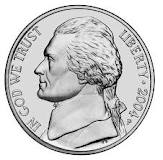
What is a Nickel Made of?
For over 60 years, the metal used to make a quarter hasn't changed, with alloy being 25 percent nickel and 75 percent copper. It weighs in at 5 grams.
Once a decision is made as to what the new nickel metal content will be, the former nickels will go the way of coinage made before 1965 - which were made mostly of silver - and which collectors have long driven out of circulation. Nickels will experience the same thing.
Nickels made from 1946 on (until it's content metal is changed) go up and down in intrinsic value based upon the price of copper and nickel.
Almost exactly a year ago (February 2011) the base metal value of a nickel from that time frame was $0.0733, according to www.Coinflation.com. In October, 2011 that dropped to $0.0516, referring to the melt value of the metals.
Cost of Making a Nickel and Penny
For 2011, the cost of making the nickel was a whopping 11.2 cents each, while the cost of making a penny was 2.4 cents during the same time period.
Both the penny and the nickel in 2011 cost over $100 million each to make. The number of nickels produced was 914 million and the number of pennies 4.3 billion.
You can see why the government must take some preemptive measures before the price of commodities soar to even higher levels.
Keep in mind that just because it costs the government 11.2 cents to make a quarter doesn't mean that's the base value of the metal, as that's what is important to consider as we go on. You don't buy a nickel and suddenly double your money. The 11.2 cent cost each includes administrative costs, etc.
Investing in nickels is solely for the base metal costs.
Nickel Value Going Forward
With the Obama administration spending at historically unprecedented rates, suppressed interest rates, and the endless printing of money by the Federal Reserve, the same thing that drives down the value of the U.S. dollar as a currency, are the same forces which will drive up the value of the nickel and penny, because of the metal content in them.
Inevitably inflation will break out and soar even more, and that will drive up the price of commodities, whether or not demand for the metals are boosted from an improved economy, or the economy remains weak.
If real demand for commodities increase, prices will go up, if it doesn't and inflation climbs, investors migrate towards commodities as a hedge against inflation.
This will happen over time; it's not if, it's only when. So investing in nickels is a long term play which will build some significant wealth if you acquire enough of them.
If you're not convinced look at Kyle Bass, who runs a major hedge fund. He recently spent $1 million for 20 million nickels. At that time he claimed the price of each coin based solely on the metal content was 6.8 cents.
Where to Find Nickels
If you do have an interest in investing in nickels, and you see the value of it over time, then you have to develop a strategy for acquiring and storing the nickels.
First we'll talk about where to find nickels.
Whenever you do some type of financial transaction with paper money or coin, or wherever you do it, you can be sure there are nickels around. I mention that because while I'm going to show you what some nickel investors do, there are in fact sure to be many more besides that, and that could give you an edge over time.
Let's look at the most obvious place: where you do your banking.
The strength of that is you are always doing some transaction with the bank, and every time you visit your financial institution, you should buy some rolls of nickels.
Usually you will have to acquire a limited number of rolls or you may get hit with a charge, as banks are charged for each roll of coins they sell, so they'll probably end up passing that on to you. Some buy from $20.00 to $30.00 in quarters each time they visit their bank. If that's above your budget, simply buy what you can and build up your stash.
It's a good way to acquire nickels, and one for now, you can count on.
A little side strategy that can benefit you using your bank as the place to acquire nickels, is to ask for new "wrapped" rolls, as you could find some with minting errors, which will be very valuable to collectors, who eagerly seek them out.
Acquire Nickels From Casinos
The obvious aside, other places you could acquire nickels include states which have slot machine gambling, or states where Indian tribal casinos are located.
Here they will have to have nickel slots to make it applicable to your situation, and that's easy to quickly find out by calling and asking, if you're not sure.
In this case all you have to do is appear like you're ready to do some gambling and you can get a large number of nickels. Some people who use this strategy carry a plastic container with them with a few nickels in it in order to look like a gambler.
Flee Markets or Farmer's Markets
Another great place to acquire some nickels are farmer's markets or flee markets, or other such places where people do business.
I'm not just talking going from vendor to vendor to buy their nickels, although that could work in a limited way, depending on how much business they do and the backup coinage used, rather I'm talking about if you're the vendor. In this case have a sign on your table or bench saying you're in the market to buy nickels.
Vending Machine Businesses
You could also actively seek out those who are in the vending machine business and ask them if you can buy up all the extra nickels they have periodically.
They may need a little premium to motivate them, but it's well worth it, as long as it's not very much. Sometimes they may be glad just to get the coinage out of their way for their deposits, and so may do it for free.
Stop by Businesses and Ask Them
I've managed a number of businesses through the years, and at the end of the day we always had rolls of coins that have to be dropped off at the bank . It could make sense to talk managers of stores in order to have another outlet to acquire coins. I think this is one many people wouldn't think of.
Remember, all of this works great as long as the new nickels aren't released into circulation. Once that happens, you will have the same problems you have with pennies; the need to sift through them to find those with the metal content.
Why the Variety of Places and Strategies to Acquire Nickels?
Now why have I thrown out so many different ways to acquire nickels for you? Because in the not too distant future, there will be a shortage of nickels from the time the new nickels are minted.
It'll take some time, as people won't be too concerned about it until the base metal content probably doubles. Around there, everyone will start to hoard their nickels to make a few bucks.
At that time, those who have a variety of places to acquire nickels will be the most profitable.
If you start now, it won't be a factor for several years, and you'll have a head start on your competition.
Storing Nickels
I'm sure in the back of everyone's mind who is reading this article is how will these coins be stored.
One person who has started acquiring a substantial amount of nickels uses a "standard U.S. military surplus .30 caliber size can." He says that particular can will hold $188 of rolled quarters in them.
The point is, something of that size, no matter what the former use, will work great. You can find them at gun shows or at almost any military surplus store.
Keep in mind that if you attempt to use a larger container the added weight makes it difficult to carry. Reinforced containers you can buy also work well.
Also be aware when you store your quarters that you don't do it in an attic or place them anywhere in the same place once you start to accumulate a significant number of them. Even your main floor may not be enough once you start to accumulate a lot of nickels
The best place is to store them on a concrete floor. A pallet on a concrete floor would be the best, as it would protect the wrapped coins from moisture. Just don't use the flimsy pallets. If you can find pallets used for concrete they're really good, as they can hold a lot of weight.
You could also place them in a plastic storage tub if it's on concrete, as the concrete would reinforce the plastic, relieving pressure on the bottom. That works well as long as you don't move them and the bottom is flat. Plastic bottoms which aren't flat would probably end up breaking under the pressure of the weight.
Meltdown Laws
If you're familiar with the law, in December 2006 Congress passed a law which makes it illegal to melt down nickels or pennies, or to export them in bulk.
That will probably change after new nickels and pennies are circulated. Even now a bill before Congress for pennies made before 1982 to be exempt from the melting ban has been introduced.
That really doesn't matter though, as once the value of the base metal starts to climb, a new investors' market will emerge, and whether they can be melted or not will no longer be relevant.
Will New Nickels be Brought to Market?
The only question left is whether or not new nickels will be in fact brought to market. Or, what if the government decides to drop the use of nickels in the economy altogether?
The first is already being pushed, and with the cost of producing a nickel and penny over double the value, it's only a matter of when, not if, new nickels and pennies will be circulated.
As for the latter concern, some have asked about pennies in that regard, and the response has been dropping of pennies from the economy hasn't been something that is under consideration.
Either way, the base metal value will rise, and in the future that will determine the overall market for nickels, nothing else.
Investing in Nickels and Interest
What about losing the interest you may get on money you invest in nickels?
First, it has already been communicated that for at least the next couple of years there will be no boost in interest rates. And depending on the health of the economy, there is unlikely to be any major move after that, if at all.
But even if there is some increase in say about five years, inflation will push up the cost of commodities, including the nickel and copper components making up the nickel. Over the next decade that should easily outpace any increase in interest you may receive from a bank account or other type of money market fund or cash investment.
That's not to say someone should tie up a big percentage of their money in nickels, just that those who do make the investment are going to do very well with whatever amount of money they do commit.
Value of Paper, Fiat Money
The value of paper money is rapidly diminishing, as it's being created out of thin air with nothing (fiat) to back it up.
Those who hold commodities, and specifically commodities in the form of nickel and copper in nickle coinage, will get a nice return on their money over time, as a completely new investor market comes into being.
Anyone getting in now will be far ahead of those who try to get in when the nickel shortage actually begins. That will be measured by the value of the base metal of the nickel Now is the time to acquire nickels before that time comes and they're harder to find and more costly to accumulate.



